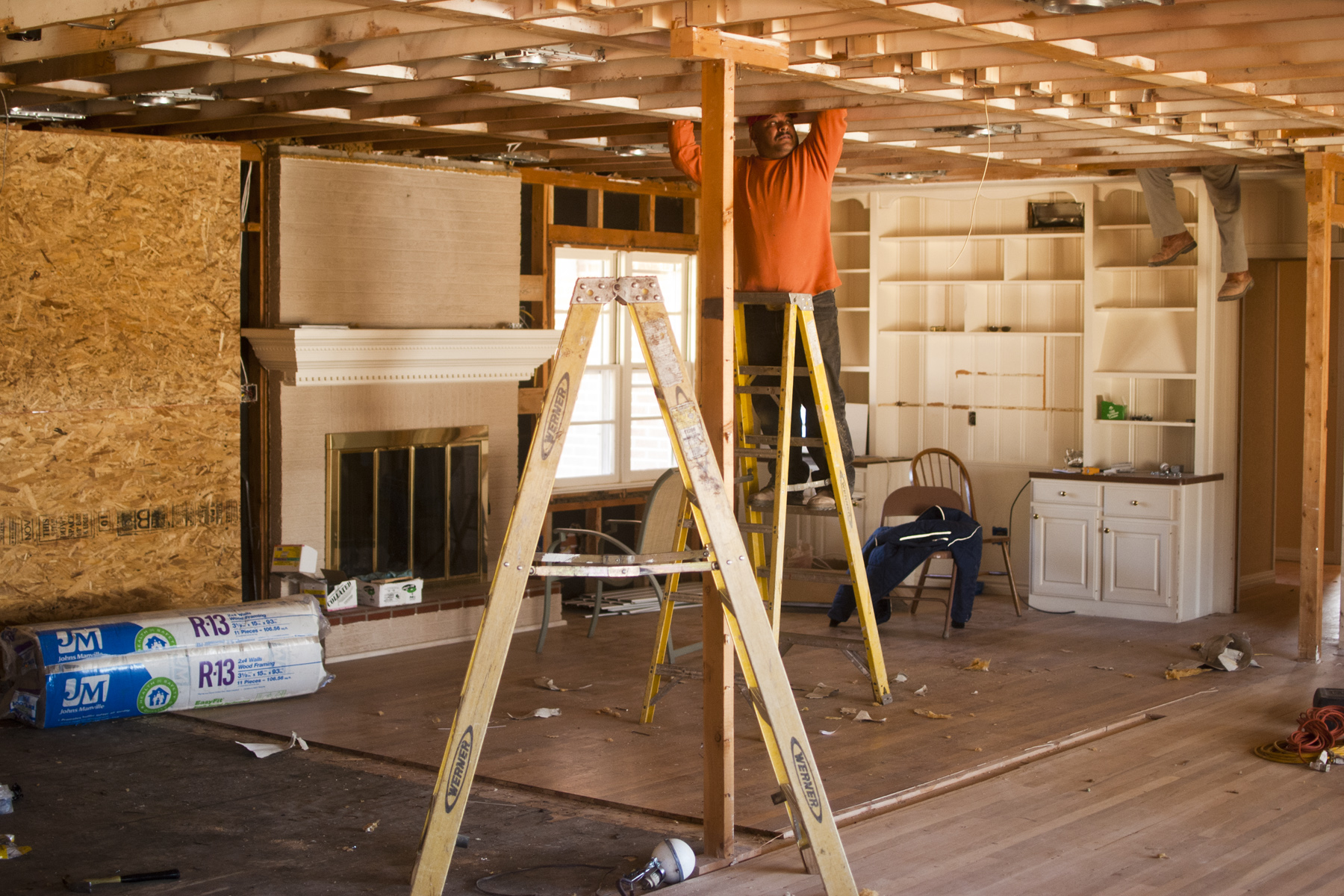Managing Licenses: Essential for Your Renovation
Upgrading your living space can be a rewarding project, infusing fresh energy into your living space and boosting its appeal. However, the path of home renovations often extends past cosmetic upgrades and building updates. One of the key factors that can significantly influence the success of your project is understanding the labyrinth of approvals and requirements that accompany any construction effort. Knowing which approvals are needed and how to get them can help you conserve valuable time, money, and unwanted complications down the road.
As you start your renovation journey, it is crucial to be cognizant that zoning laws and local rules vary from one place to another. What may be allowed in certain areas could result in problems in another. Therefore, taking the time to learn about the licensing procedure is not just a routine step; it is a necessary step in ensuring that your upgrades are both in line and appropriate. In the next sections, we will discuss the varieties of approvals you may need and give you advice to handle this frequently neglected aspect of construction renovations.
Grasping Building Licenses

Construction licenses are critical papers that allow the beginning of building alterations. They make certain that the intended work complies with local zoning and security regulations. Acquiring the appropriate permits but also aids safeguard the structural stability of a structure but also ensures compliance with zoning laws and building codes. Omission to obtain essential permits can cause penalties, delays, and even the requirement to reverse finalized work.
The process of acquiring a construction permit differs by place and type of alteration. Homeowners generally need to offer designs detailing the proposed changes and could need to provide supplementary documentation, including site plans or specifications. Local construction departments assess these applications to evaluate if they satisfy security standards and land use requirements. Understanding the exact requirements in your locality can assist expedite the procedure and avoid setbacks.
It's crucial to note that construction permits are not just a administrative formality; they have a vital function in safeguarding both the building and the residents' well-being. Communicating with regional officials early in your renovation endeavor can give valuable information into what is necessary for your individual renovation and construct a compliant project. By investing effort in comprehending and securing the required permits, you ensure a more efficient renovation process.
Our Application Process
Navigating the application process for construction renovations can appear daunting, but grasping the steps involved can ease the experience. First, it's essential to gather all required information about your project. This includes comprehensive plans and drawings, the proposed use of space, and any structural changes you anticipate. Having this information systematized will make it simpler when you approach your local building department.
Once your documentation is prepared, the next step is sending in your application. This usually requires filling out specific forms that describe your renovation plans and may necessitate signatures from contractors or architects participating in the project. In many regions, you must also submit a fee at this stage, which fluctuates based on the scope of your renovations. After submission, be prepared for an initial review period where officials will examine your application for compliance with local codes and regulations.
Following the initial review, you may receive feedback or inquiries for additional information. It's crucial to respond in a timely manner and resolve any concerns brought up by the building department. This may include revising plans or providing further documentation. Once all aspects is in order, and your application is approved, you will receive your permit, allowing you to proceed with your construction renovations legally and safely.
Common Renovation Permit Issues
A common issues encountered during renovation projects is the absence of adequate documentation. Homeowners often underestimate the amount of documentation required to get permits, leading to delays and potential fines. It's crucial to gather all necessary documents, including design blueprints and evidence of ownership, before submitting the application. Missing or incomplete information can halt the entire renovation process, causing stress and added costs.
Another common challenge is confusion about local building codes and regulations. Each municipality has its own collection of rules governing construction renovations , which can vary significantly. Homeowners should thoroughly research these requirements or seek advice from a professional to ensure compliance. Failing to comply with local codes can result in not only permit denials but also dangerous structural issues or safety violations that can threaten the entire project.
Lastly, timing issues often arise when trying to obtain renovation permits. Many property owners mistakenly believe that the permitting process will be quick and straightforward. In fact, permit approvals can take weeks or even months, especially in areas with high levels of construction. Being proactive and giving enough time for permits can reduce stress and ensure that your project stays on track.